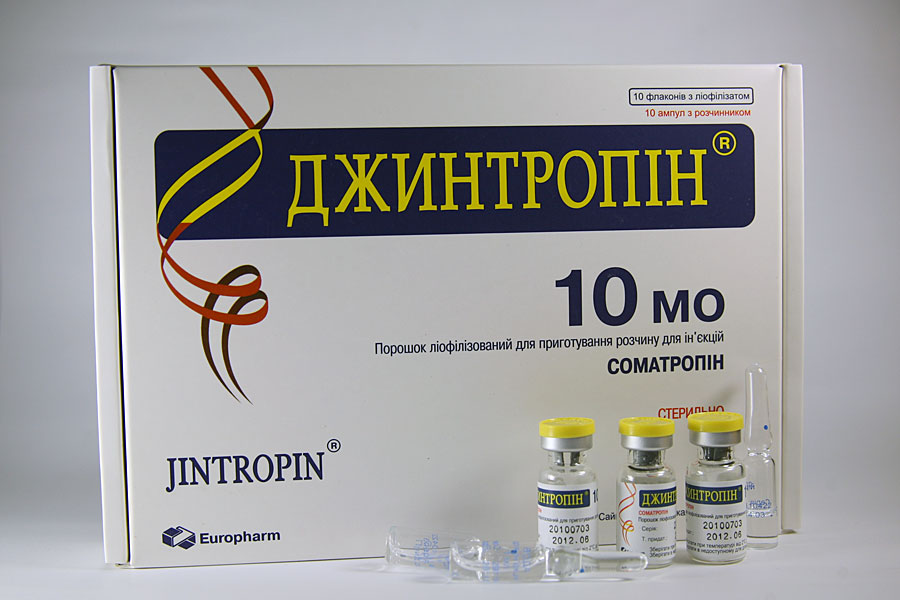
A recent literature review of the performance enhancing effects of growth hormone has concluded that HGH does not help athletes (“Systematic Review: The Effects of Growth Hormone on Athletic Performance,” Annals of Internal Medicine).
Claims that growth hormone enhances physical performance are not supported by the scientific literature. Although the limited available evidence suggests that growth hormone increases lean body mass, it may not improve strength; in addition, it may worsen exercise capacity and increase adverse events. More research is needed to conclusively determine the effects of growth hormone on athletic performance.
This confirms what J.C. Bradbury, Ph.D. has been saying all along. Bradbury is the Associate Professor of Economics at Kennesaw State University and author of the Sabernomics blog where he has argued again and again that human growth hormone does not enhance athletic performance. According to Bradbury, there is no scientific evidence documenting the performance enhancing effects of growth hormone. He confidently dismisses any effect of HGH in MLB:
The impact of HGH on home runs in today’s game is zero. If a player is dumb enough to take this stuff, let him go right ahead.
Dr. Bradbury is correct at least when it comes to the lack of scientific evidence.
But he may still be wrong about growth hormone’s effects on sport performance.
Athletes knew anabolic steroids worked (anecdotal evidence) for DECADES before available scientific evidence supported this belief. There are several prominent bloggers who argue that, in spite of limited absence of scientific support, growth hormone does improve athletic performance.
Lou Schuler of Male Pattern Fitness points to the credible anecdotal evidence to support his views on growth hormone.
Athletes and their doctors believe the drugs work. I’ve been hearing this for years from the people I come across, who’re mostly trainers and strength coaches. I get a chance to chat with researchers or former pro athletes from time to time, and I hear the same thing. The only way you can convince yourself that human growth hormone doesn’t speed recovery and/or enhance performance is to ignore all the anecdotal evidence that comes from knowledgeable insiders who believe it does.
Lou addresses the shortcomings and limitations of the recent review in an article today (“Don’t Those Stupid Athletes Realize Their Drugs Don’t Work?,” March 18)
Once again, a study attempts to convince us of something that isn’t likely to be true…
To its credit, the story by the Associated Press calls bullshit on itself, citing the litany of limitations to this kind of reasoning that I’ve noted on MPF here and on my original blog here:
- Clinical studies aren’t conducted on elite athletes, and don’t measure “performance” in any way that would be meaningful to an athlete. For example, they don’t consider whether it would help them recover faster in between workouts, or have less downtime because of minor injuries.
- They don’t use the doses elite athletes use, and they can’t possibly take into account the combination of drugs an athlete might employ. Is growth hormone more effective when used simultaneously or in some sort of sequential pattern with anabolic steroids? You can’t test that in a lab.
- The studies can’t possibly track long-term use of HGH, so if there’s a chronic, cumulative effect that’s greater than the acute, short-term effect, you’d never know from the published research.
Gary Gaffney, M.D., University of Iowa School of Medicine, also addresses the review study. Gaffney believes growth hormone has beneficial effects on athletic performance; however, these effects may only be evident in its synergy with other performance-enhancing drugs (“Review from Stanford says HGH no benefit as PED,” March 17).
As we pointed out in the Huffington Post, HGH by itself may not be anabolic. There is evidence that the hormone is synergistic with anabolic steroids (or insulin or T4), which means that the effects of these hormones add to each other. Further, we don’t know the effects of the drugs on the most genetically gifted athletes – professionals.
However, a study is a study. HGH by itself in these doses used in young healthy men does not appear to be an impressive anabolic drug.
Given that athletes were decades ahead of the scientific community when it came to anabolic steroids, I tend to give credence to the anecdotal evidence. Also, based on growth hormone’s use in bodybuilding (whose participants are far ahead of athletes in other sports when it comes to pharmaceutical enhancement), there is a fair amount of support for the synergistic effects of growth hormone combined with anabolic steroids and other drugs.

About the author
Millard writes about anabolic steroids and performance enhancing drugs and their use and impact in sport and society. He discusses the medical and non-medical uses of anabolic-androgenic steroids while advocating a harm reduction approach to steroid education.

Leave a Reply
You must be logged in to post a comment.